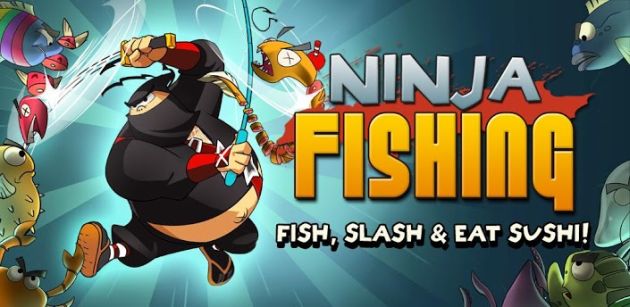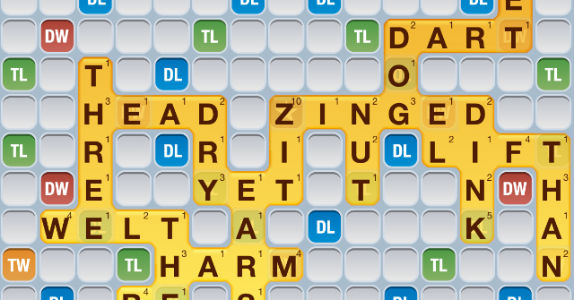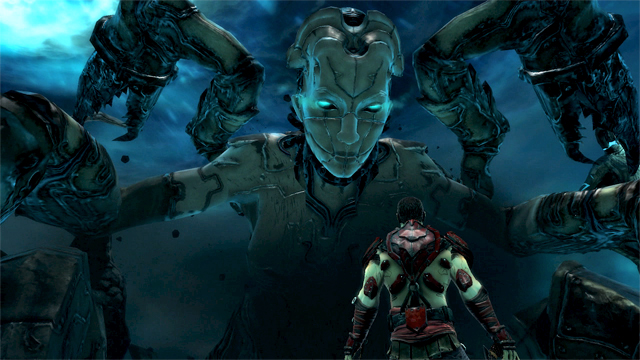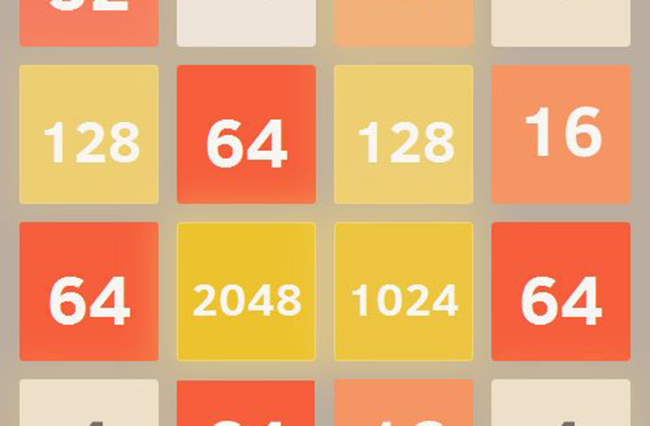There’s nothing incredibly new about many of gaming’s biggest ideas. We live in a time where iteration is more popular (and profitable) than innovation. In some ways, iteration becomes innovation. The gradual process of making little things like running, jumping, and climbing feel a little better with every game can lead to progressive design by inches. I assure you, none of the games on this list had that in mind.
These games (with the arguable exception of Words with Friends) are titles that took an already established formula and straight up jacked it. These games are remorseless doppelgangers, with the sole purpose to shining in the light of their principle subjects.
Modern Combat (AKA Call of Duty)
There once was a little military shooter franchise that took the world by storm in 2007. Powered by the genuinely mixed and mired feelings towards the War on Terror, the US was courted rather strongly by the idea of bringing the virtual war to terrorists from the privacy of our own homes. Activision and Infinity Ward did more than just capitalize on the American post-9/11 fascination with war. It also revolutionized the modern console shooter. Gone were the days of bunny hopping and damage sponges and in were tight corridors and bullets with more realistic lethality. An injection of RPG elements into the multiplayer had people using the word ‘prestige’ as a verb forever more.
“Call of Duty: Modern Warfare is a really good idea. We should steal it,” said most developers/publishers, but none more egregiously than Gameloft’s Modern Combat series. Sandstorm would release in August of 2009, and four months after Modern Warfare 2 was announced, and around three months before it would be released. What started out as arguably just a ploy to sate a mobile market by capitalizing on the sort of experience that was unavailable at the time, Modern Combat has evolved into a fully fledged franchise. Along the scope of mobile shooters, there’s really no question about the games relative level of polish and production value. But it’s hopscotching through the footsteps of the most financially successful entertainment brand in history.
There is no singular part of Modern Combat that doesn’t look and feel like something that was already done in Call of Duty. Yet, no matter how closely Modern Combat attempts to follow Call of Duty’s lead, no one will ever mistake it for the genuine article. Modern Combat phones in those big set piece moments that Call of Duty nails so consistently. It feels hollow and when people call the genuine article stale and stagnant, they are actually talking about Modern Combat.
Words With Friends (AKA Scrabble)
Words with Friends is an example of a game that shouldn’t have happened. Hasbro, who distributes Scrabble in the US, put the kibosh on any attempt to create an app based on the board game in places like Facebook back in ‘08. Mattel, who distributes the game to the rest of the world, was less upset about the idea, and officially sponsored a Scrabble app on Facebook available to everyone outside of the states. Meanwhile, we were stuck playing various fledgling alternatives across the Internet, wishing everything could just be simpler.
Then in 2009, in rides Zynga on their red dog to give the people what they want: Scrabble! Kinda…
In the US, Hasbro is pretty stringent on what a word game has to feature for it to be considered Scrabble. Proper placement of word score bonuses, letter values, and letter quantities all strike a delicate balance that, without the proper formula, makes you just a pretender to the throne. Music to Words with Friends’ proverbial ears, because they didn’t want any static when it came to them straight up ripping the game off. No, Words isn’t the first game to pretend to be Scrabble, but it’s quite easily the most successful. This is thanks, at least in part, to the incredible social infrastructure of the game. Words could be played with anyone from any platform anywhere, be it your iPhone, your Android tablet, Facebook, etc. Words is so big, an actual physical board game (published in partnership with Hasbro, ironically) exists.
Godfire (AKA God of War)
I really don’t know what sort of production meetings took place besides ones where the game director shouts, “THIS ISN’T GOD OF WAR ENOUGH!” in a nebulous west European accent while cracking a bullwhip over a fleet of computers. This game is so demonstrably God of War, you’d almost think the concept art and story notes were found in David Jaffee’s old notebooks.
A futuristic design motif and an adjustment to the, “go kill gods, please,” plotline are really all that separate this from being the Sony Santa Monica beat ‘em up. Instead of Kratos, mad at Ares for brainwashing him into killing his family, you are Prometheus, the titan who would steal fire from the gods and bring it to humans. So we can make tablets and vibrators with it, I’d wager.
As there is plenty of room for new retellings of old Greek myths, the fact that this particular one couldn’t be bothered with attempting to be different in any way is it’s biggest failure. Prometheus really had to have two swords and kill bosses with incredibly gory QTEs? At least he doesn’t scream all the time, I guess.
2048 (AKA Threes!)
Sometimes the difference between a hit game and a underappreciated exercise in simple, clean game design is a price tag. As far as games where you slide numbers into each other goes, Threes! was set to be quite the trendsetter. The only thing working against Asher Vollmer and Co. was expecting to be compensated for their hard work. Italian Gabriele Cirulli lept into the void that the $1.99 price tag made, and with it absorbed the post Flappy Bird hype, using it to catapult 2048 into the next big thing.
Threes! would get its comeuppance by the end of the year when it was named one of the best apps in the store by Apple. Any potential lost exposure was successfully stemmed by industry pros giving the genuine work a signal boost through social media, and partnering with Starbucks to put the game into peoples hands for free. It was also in a comic book. Can 2048 say that?
Ninja Fishing (AKA Ridiculous Fishing)
Ninja Fishing is the only game on this list to debut before the game it blatantly copied. Technically, Ninja Fishing is a clone of Flash game Radical Fishing, a precursor to Ridiculous Fishing designed by Vlambeer’s JW Nijman after watching a TV show about tuna fishing. Since game mechanics aren’t protected by copyright laws, Gamenauts could place their own art as flesh atop the skeleton of Radical Fishing’s design and call it their own legally. It hit iOS in 2011, almost a year after Ridiculous Fishing started development, and was an instant hit. This really ground producer/programmer Rami Ismail’s gears.
Ismail would make the experience a talking point in interviews and panels, railing against the culture of cloning and the lack of laws that allow it. The experience took the wind out of Vlambeer’s sails, but they would regroup and get the title finished by early 2013. When released, it was heralded with universally positive praise, and is often the example used when discussing the perfect cross section of art and game design on the go, as well as living proof that the paid games market can still thrive on mobile platforms.











